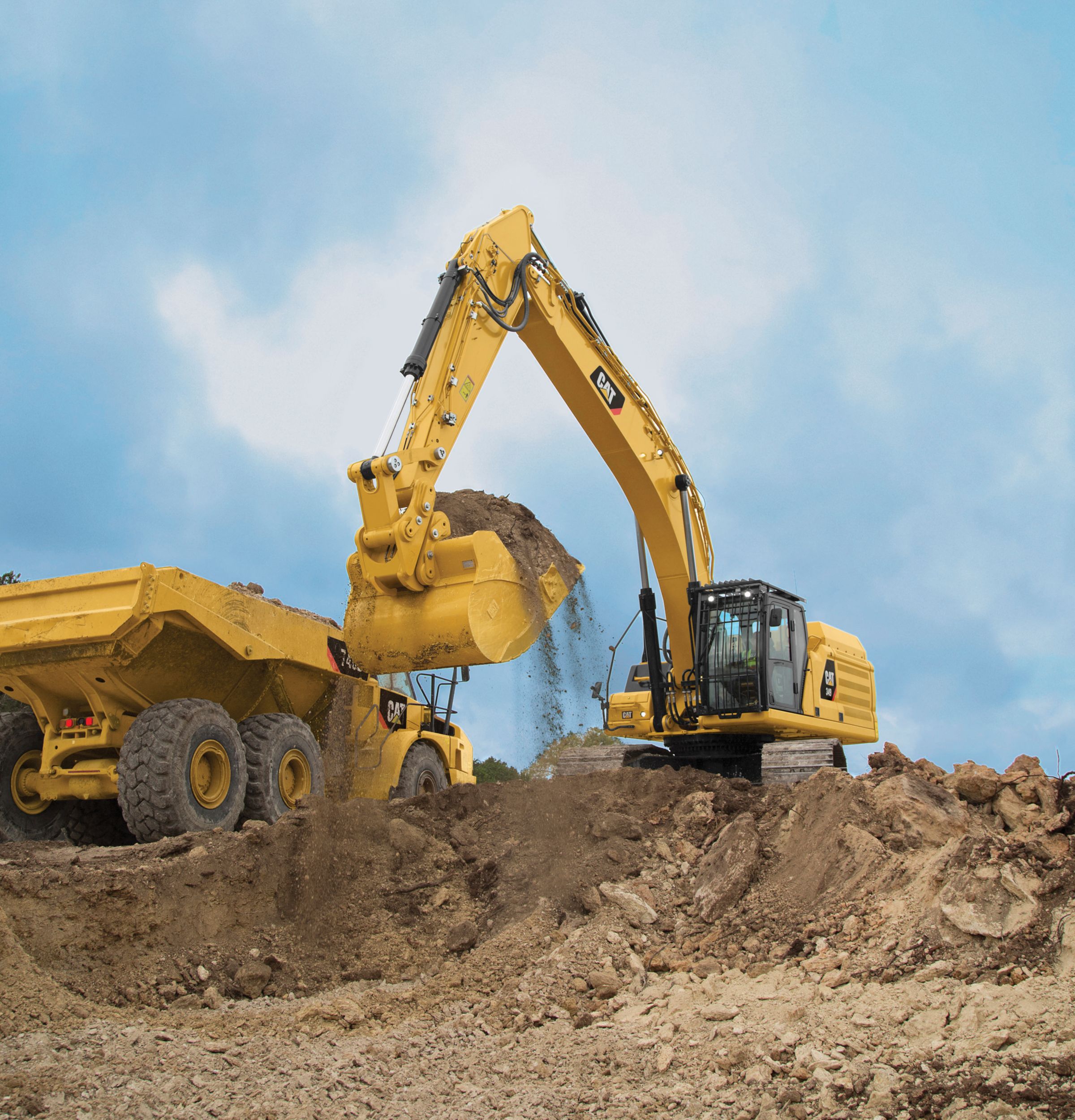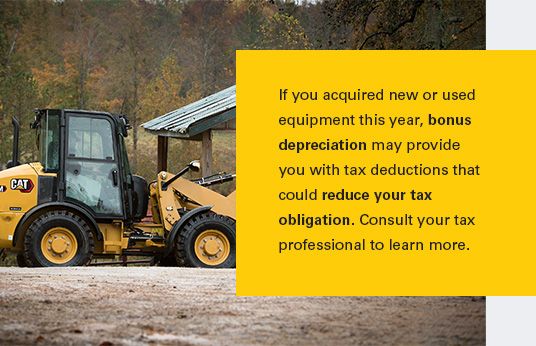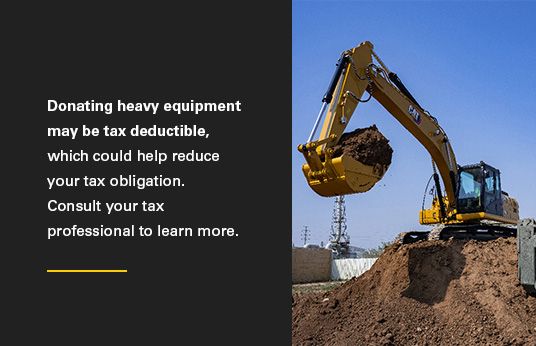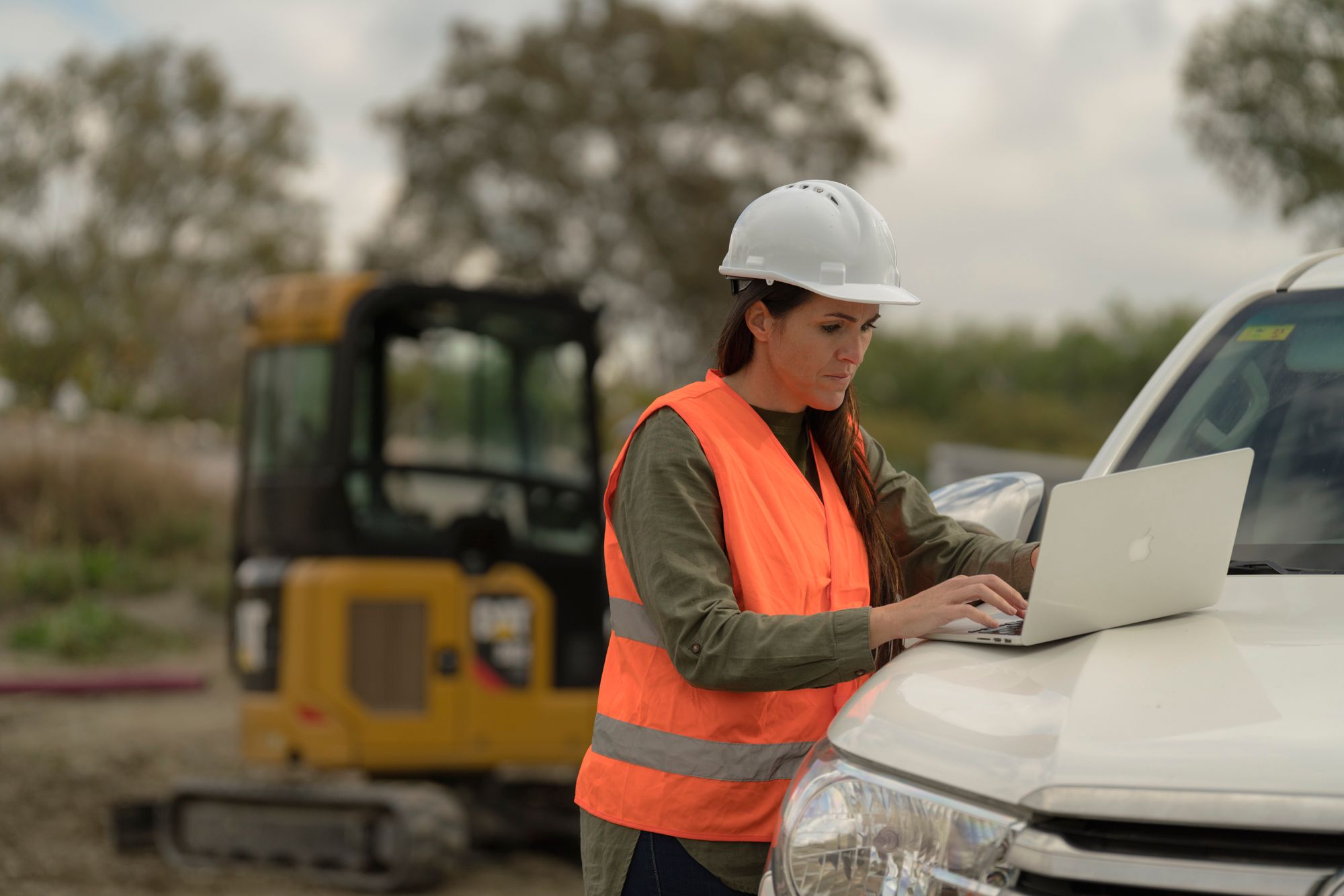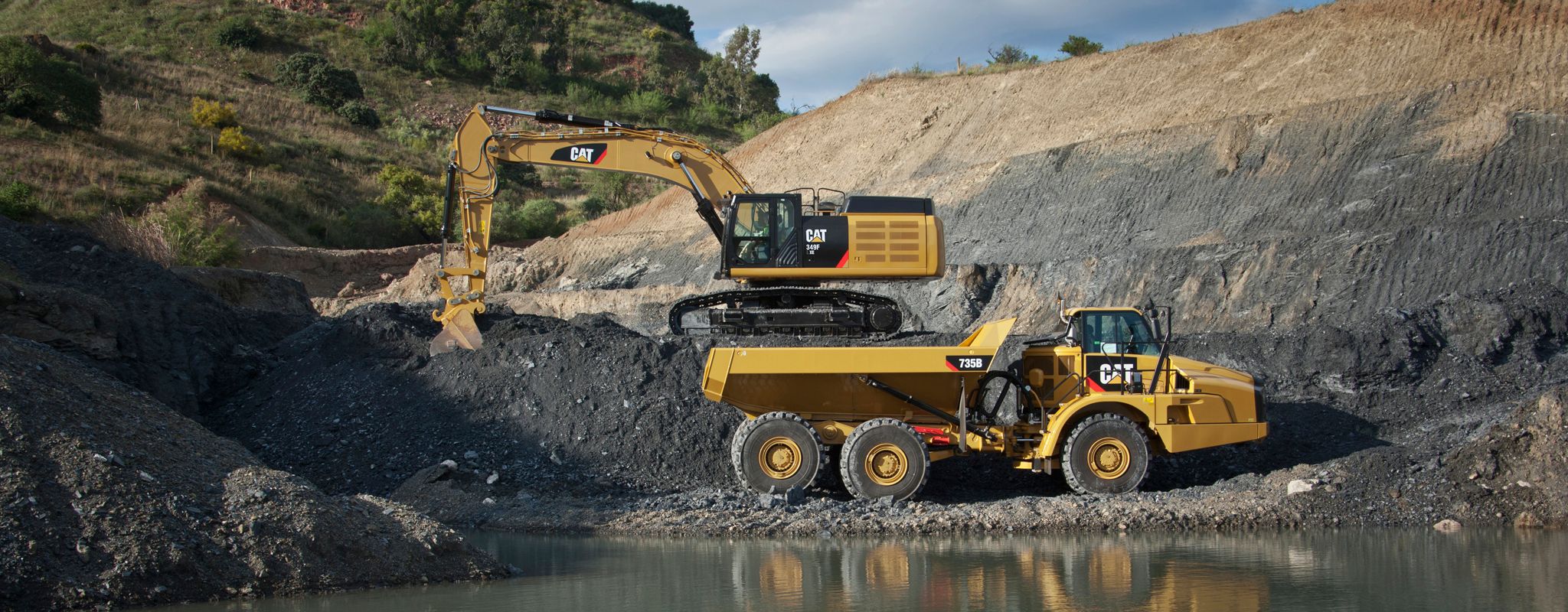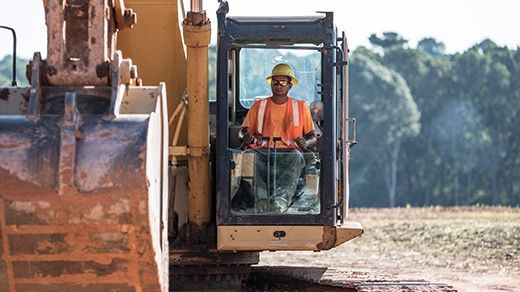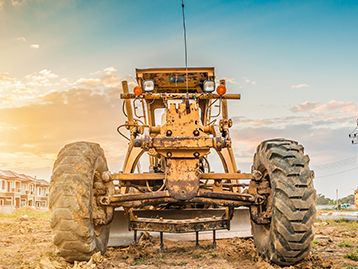

Sign In
Welcome! Sign In to personalize your Cat.com experience
If you already have an existing account with another Cat App, you can use the same account to sign in here
Register Now
One Account. All of Cat.
Your Caterpillar account is the single account you use to log in to select services and applications we offer. Shop for parts and machines online, manage your fleet, go mobile, and more.
Account Information
Site Settings
Security
Tax Considerations for Heavy Equipment
Estimated read time: 5 minutes
Purchasing heavy equipment is an investment that can offer many benefits for your business. If your business relies on heavy equipment to get the job done, it's essential to understand the tax obligations and benefits associated with owning equipment. We know that no two businesses are the same, so consult your tax professional for more information about tax benefits you may be eligible for.
Tax Deductions for Heavy Equipment
Tax deductions can be subtracted from your taxable profit to decrease how much you owe in taxes. You may have options for writing off the purchase of heavy equipment for your business. For example, a standard deduction typically allows for a smaller deduction and is usually a percentage of the item's total price over an extended period.
A more popular heavy equipment tax deduction is Section 179, which comes from Section 179 in the IRS Tax Code. If you buy qualifying equipment, Section 179 allows you to deduct the total purchase price from your gross income from this tax year. This deduction is an incentive from the U.S. government to invest in equipment.
However, Section 179 tax deductions have limits, often changing year over year. In 2022, businesses were limited to a total of $2,700,000 in equipment purchases, and the total deductible amount is $1,080,000. Generally, you can write off the entire purchase this year if you only spend $1,050,000 on heavy equipment in 2022. If your company pays more than $2,700,000, the deduction phases out, and after you've spent $3,780,000, you won't receive a deduction on the equipment. For 2023, the limits are $1,160,000 total deduction with an investment limitation of $2,890,000. Remember to consult your tax professional to learn more about deductions you may qualify for.
Generally, Section 179 is ultimately a great incentive for small to medium-sized businesses. Most smaller companies may be able to spend within limits to write off their equipment purchase with their 2022 taxes. Section 179 is typically one of the first tax deductions businesses take — after that; they look to bonus depreciation.
What Is Bonus Depreciation?
Bonus depreciation usually allows businesses to deduct a significant purchase value from tax obligations. This differs from a standard depreciation deduction, where companies may be qualified for deducing that same value much more slowly over several years.
Bonus depreciation is relatively new, as it was introduced in 2002 as a tool for growing the economy. Previously pegged at 50% of the asset's purchase value, the total deductible bonus depreciation amount was recently increased to 100%. The rule change also extended bonus depreciation to new and used assets with the increased popularity of owned used equipment.
It's important to note that bonus depreciation isn't permanently enshrined in tax law. Bonus depreciation is available for assets in service between September 28, 2017, and December 31, 2022. Please note that in 2023, bonus depreciation will decrease from 100% to 80%. Understanding exactly what this distinction means is vital for getting the most out of this tax deduction. Assets must be ready to be used by your business to qualify. However, they can be off the job site or at work within your office or other facilities. A piece of heavy equipment sitting in a garage or additional storage space will qualify if it's ready to go to work, even if it isn't used until the subsequent tax or calendar year.
Making the Most of Bonus Depreciation of Construction Equipment
Depending on your eligibility, bonus depreciation can help you lower your tax obligations. Whether your business acquires new or used equipment, you can take advantage of these tax benefits to improve the overall health of your business. Bonus depreciation is and will be — for at least the next several years — an important option to remember when managing your tax obligations or discussing them with your accountant.
While bonus depreciation is valuable, it isn't automatically the best choice for every business. Using the standard approach to depreciation, where the tax benefits are spread out over several years, may make more sense for your individual business goals. Understanding the value of each option and considering it in the context of your budget, liabilities and other financial concerns, and discussing the choices with a tax professional, can help your business make the best decision possible.
Of course, to qualify for bonus depreciation, you must acquire an asset before any deductions can be made. Cat Financial is here to help you find cost-effective heavy equipment options for your business. We'll help you make the most of bonus depreciation, whether purchasing a fleet of used excavators or a single new Cat® backhoe loader.

Donating Used Equipment
Heavy equipment is built to last, especially with the extensive Cat equipment product line. Most Cat equipment is built for multiple lives so that you can get the most from your investment. You may have options when your equipment reaches the end of its useful life and can still be put to work.
While you might consider selling your equipment, donating it could be an excellent option for your business as it could provide a tax break. If you have a piece of equipment that is still operational but no longer has a place at your company, it might make sense to donate it.
The Benefits of Donating Heavy Equipment
While the specifics will vary in each instance, your donation may earn you a write-off that can help lessen the financial burden when taxes are due. Donating equipment can also save you the time and potential cost of disposing of heavy equipment.
Selling equipment might be possible and a better option for your business, but it can be time-consuming. Suppose your equipment is old and has obvious signs of wear and tear. In that case, it may offer little (if any) profit, especially after any potential fees and other charges associated with the sale.
When you donate, a dependable non-profit organization or middleman business will typically offer to pick up the equipment and haul it away. That said, all you have to do is make sure the non-profit or company is legitimate, coordinate the initial pickup and handle some of the paperwork afterward.
HOW TO DONATE EQUIPMENT
Many charities and non-profit organizations accept heavy equipment donations. Your old equipment can easily benefit a good cause even though car, RV and boat donations are more popular items donated.
The most important thing to do is to validate the legitimacy of the organization or organizations before choosing them to be the recipient of your donation. Specific charities with vehicle donation programs accept vehicles and have well-established reputations. Other lesser-known charities may require some research.

Additional Articles
Find in-depth articles to answer your questions about construction equipment financing, and expert tips to help you navigate today's economy as a successful business.
-
2022-10-25 0% Equipment Financing - Too Good to Be True?
October 25, 2022
Learn More -
2022-10-31 Options for Aquiring Heavy Equipment
October 31, 2022
Learn More -
2020-10-01 Cat Equipment Financing Requirements
October 01, 2020
Take a Look -
2020-02-05 The Benefits of Equipment Donation
February 05, 2020
Learn More
